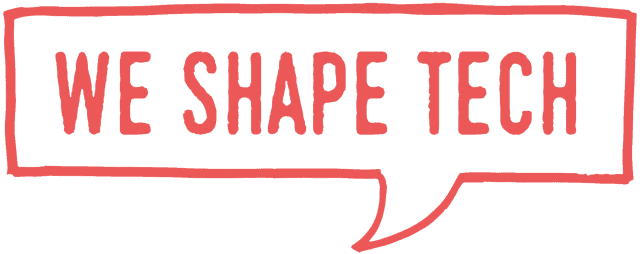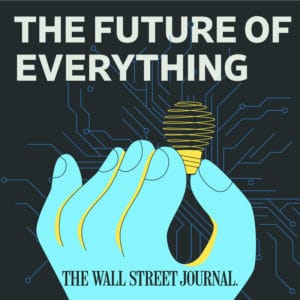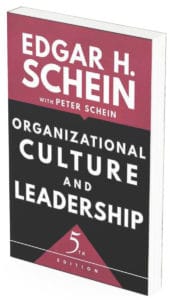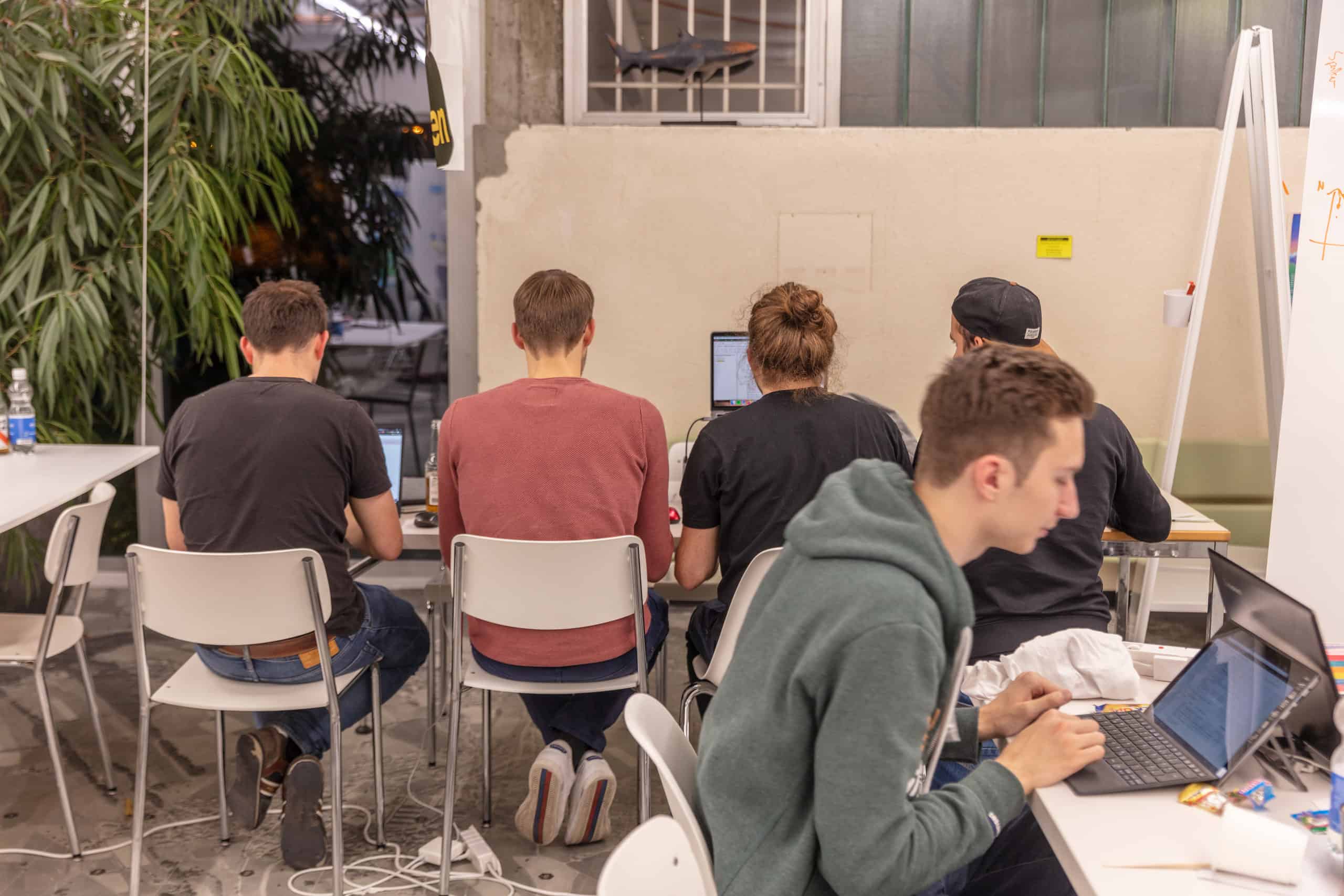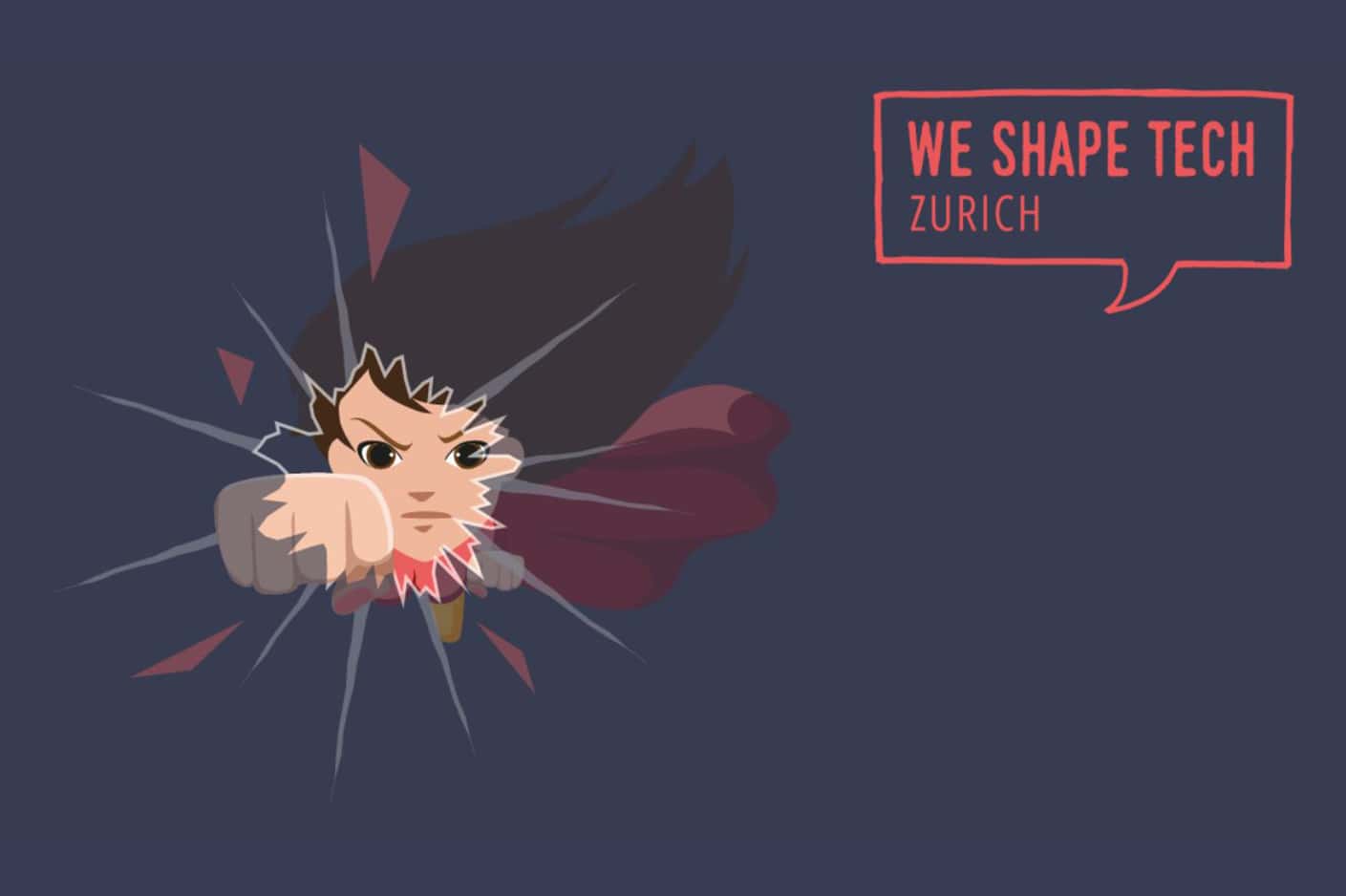Every month we ask one individual in our network a few questions about their way into tech, their motivation and their lessons learned.
Let’s start from the beginning. Tell us about where you’re from!
I was born in Germany, and was a committed athlete when I was young, competing in track and field in national competitions. I wanted to build on this passion, and so I studied Sports & Management at university, where I combined sports with business. Yet I had also always been drawn to medicine, seeing it as a more purposeful endeavour. I come from a family of doctors—my father was a cardiologist and my paternal grandparents were both doctors, providing critical care across medical fields during WWII, and I was deeply inspired by them.
Later, I came to be drawn to technology as well, and its potential to impact critical areas of social need. Now, as VP and Head of Marketing Europe for Philips, a global health technology company, I have been able to combine and realize these long-held dreams. Yet I was only able to combine my passions for medicine, business and technology because I remained open to exploring new opportunities, taking risks and staying true to my convictions and passions as they evolved.
So, in a formal way, my career was never planned; rather it evolved with me as I followed my interests and pursued areas where I felt I could learn and grow the most, whether that was in small start-ups or major corporations. I navigated my path by doing what felt right – and, critically, by being willing to move on and embrace new opportunities when that felt right.
Central to my personal and professional philosophy is that one must own one’s life. That means taking responsibility for one’s choices – whether they end up being good or poor ones. I feel it is important to devote oneself fully and wholeheartedly to one’s job, and to be able to adhere to one’s personal values in that workplace; if that is not possible than one should look for other opportunities. For me, for example, honesty and transparency with customers and other employees is paramount; without this I cannot not give fully of myself. Each person should reflect carefully on their personal values and seek to remain true to these in their professional lives.
I share this part of my story to encourage young talent to lead with their passions, to dare to make bold moves, to take risks and try out things. I was questioned and even criticized at points in my career when I moved from secure positions at large established companies to unknown and small start-ups. But these moves were a part of a journey that has brought exciting challenges, learning opportunities and tremendous fulfilment, and which allowed me to reach my present position.
What valuable advice did you get from your parents?
Rather than an active advice, the most important and meaningful support I received from my parents was that they let me discover my own journey and find what is right for me. I chose what I wanted to study and my career steps afterwards. This taught me to spend time understanding what I want and don’t want. It taught me that I am responsible for my own path and there is no one else to blame for any mistakes. But at the same time, they were always there to listen to my considerations and fears, supporting me through the ups and downs.
Even when I had left a “good” job to remain true to my convictions, without having concrete offers in sight, my parents gave me the time and space I needed, and they did not share with me any doubts they might have had. This was essentially a vote of confidence in me – in my judgment and my capabilities – and that is such a valuable thing that a parent, or really any family member or friend, can give.
How did you become interested in tech?
It probably started with being a curious and creative child. I have always thought about what products or solutions I could invent to solve life’s everyday challenges. When I was at Groupon, I got involved with the startup scene in Germany and was fascinated by the ideas of some really great minds there. I loved this community in Germany, but I also realized they were largely copying U.S.-based innovations.
I then went to Silicon Valley in the U.S., where the originals of a lot of tech ideas had been started, meeting not only with major tech companies to explore opportunities but also smaller startups that were working on innovative new intersections of business and technology. I wanted to see if I could learn something there to bring back to Europe—not as a copycat, but to support these companies in their expansion. I went there without a set plan, meeting investors, entrepreneurs and the creators of some of the most interesting startups at the time. I was fascinated by their different thinking, by these disruptive industries, and by the creative energy behind them. This fuelled in me a tremendous desire and commitment to explore how technology could be used for positive social impact.
Earlier in my career, I also travelled to India for a program called “Journeys for Change” where I met some of the country’s leading social entrepreneurs. I looked closely at socially transformative projects, such as one that used solar energy to enable kids to go to school at night after working in the fields all day. This was all part of a journey searching for meaning and impact. But I also saw that many of these projects and ideas were not financed with a viable and sustainable business model and I learned that I craved that business aspect as well.
These experiences built the foundation of my interests in and excitement about tech. And this speaks to the critical role of exposure – giving oneself the time and space, and taking every opportunity, to meet innovative and creative people, people who may not be leaders yet but who are doing really interesting things – and to learn from them and form relationships that will then be a key part of your professional life thereafter. All of this is hugely important.
What aspects of your work are you proudest of?
At one point between jobs, I travelled and spent a lot of time reflecting on what I was looking for in my next role. I think this is a really important step. Too many of us jump from one thing to the next. Sometimes we have to – there may be a financial imperative to get another position immediately, and one may not have the luxury of taking time out to reflect. But, if one can, it is so important to allow oneself this time for reflection. I was lucky to have it. And during this time the two words that repeatedly came to my mind were “meaningful” and “impactful”. These words will of course mean different things to different people. But allowing yourself, if possible, the time and space to reflect on what has personal meaning, and how we want to make an impact, is critically important.
Ten years later I am proud to have found both meaning and impact working in a company that is dedicated to improving people’ health and well-being through innovation. And I am incredibly inspired by the possibilities opening up with emerging and developing medical technologies that are coming into the field, for example, with AI, which improves predictive and diagnostic capabilities, enables far less invasive operations, and vastly improves remote collaboration for doctors, significantly impacting health care. All of this translates into the kind of positive social impact that has become central to my professional goals. I am also glad my scope is European and not limited to one country, as this gives me the opportunity to have a larger positive impact on a more diverse range of communities.
I also think this holds important lessons for management.

What was your biggest disappointment (challenge) in your career and how did you overcome it?
My biggest disappointment in my earlier career was when I realized that not all of my incredibly smart colleagues used their intellect to build something better for our consumers, customers and employees, but rather were focused primarily on personal gain.
But I think a key point here is that when I realized I was in a setting where the culture was antithetical to my values and would not change, I was willing to move on and hold true to my own moral and ethical compass. Ever since then, I have paid close attention to a company’s values and how they are infused in all aspects of the business and across operations.
What advice would you give other women in tech?
My most important career advice is to own your career. No one plans or makes your career for you. Only once in my career did my manager initiate my next step. In all other cases, I reached out to people beyond my team and through that initiated the next step. The people who I got in touch with outside my immediate environment later hired me for positions that were much bigger than I could have ever seen myself in – like the first time I was asked to lead a team of 120 people.
Which connects me to my second piece of advice.

For example, taking a position in which I would lead a large commercial team in a country in which I had never lived, and in a market environment that I was not familiar with, was not something that I could have seen myself doing at the time. Yet others did, and I trusted the judgment of the people who wanted to hire me, and their assessment that I did have what it would take to succeed in the position. I said yes to something I had never done before, without knowing if I could do it, and they were right: I performed strongly in the role.

Looking back, I did not know that I would lead a large team in Iberia through one of the world’s worst crisis (the COVID-19 pandemic) which hit the region extremely hard. Looking back, I see that I was quite capable and handled the challenges well. But I would have not thought so nor predicted as much if you had told me all the challenges I would have had to face in advance.
Lastly, build a strong network inside and outside your company. People who are not entrepreneurs or self-employed tend not to do this and usually lack a network, especially one that is outside their company. I have put a lot of focus on building this professional network, and this has been my greatest resource and the source of my best career advice, inspiration, feedback, advancement and preparation for new roles.
It is particularly important for women, who often may not be as skilled, experienced or comfortable as men in professional networking, to intentionally build connections inside and outside their companies—and then use these connections to have the kinds of professional conversations that matter. These conversations are hugely important opportunities to share and access critical information, to enlist “sparring partners” to brainstorm and share ideas, to gain help with problems, and to receive and provide vital advice. It is a skill that women must learn and build in order to advance their professional horizons and opportunities.
When I sit with male colleagues, I learn so much, regarding for example company dynamics, shares, salaries, the ins and outs of company developments, and broader sectoral or professional issues. When I sit with female colleagues, however, the talk will often revolve around personal issues. While this may be enjoyable at the moment, women need to know who are the people and issues that count and that are critical to their performance, and they must be intentional regarding their networking and the ensuing discussions.
Women in leadership roles understand the need for these skills and have these skills; they should share these experiences, and impress upon their female colleagues that one must “be in the room” so to speak, and having these kinds of professional conversations. And importantly, women can then contribute to those conversations in a meaningful way, integrating for example the empathy that women tend to be quite strong on.
Both men and women have to be in the room, having the kind meaningful professional conversations that impact not only the field but one’s own trajectory within it. It is my hope that as more women advance to leadership positions, they will actively seek to advance these critical skills amongst their female colleagues.

